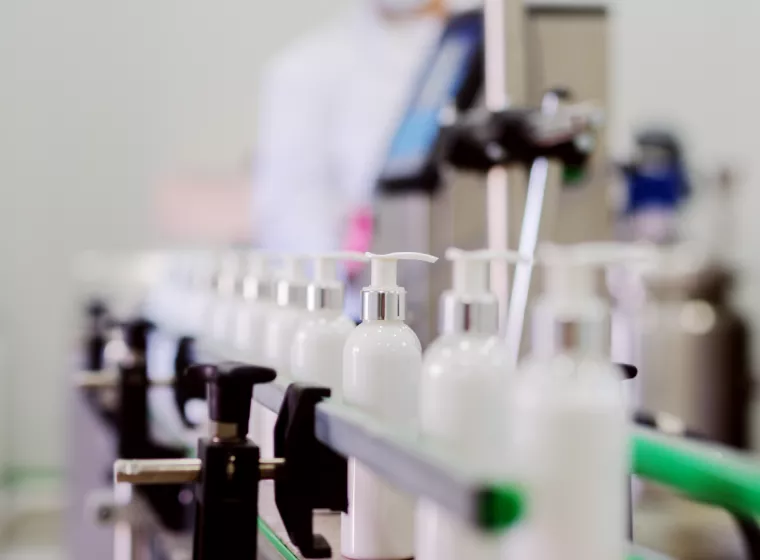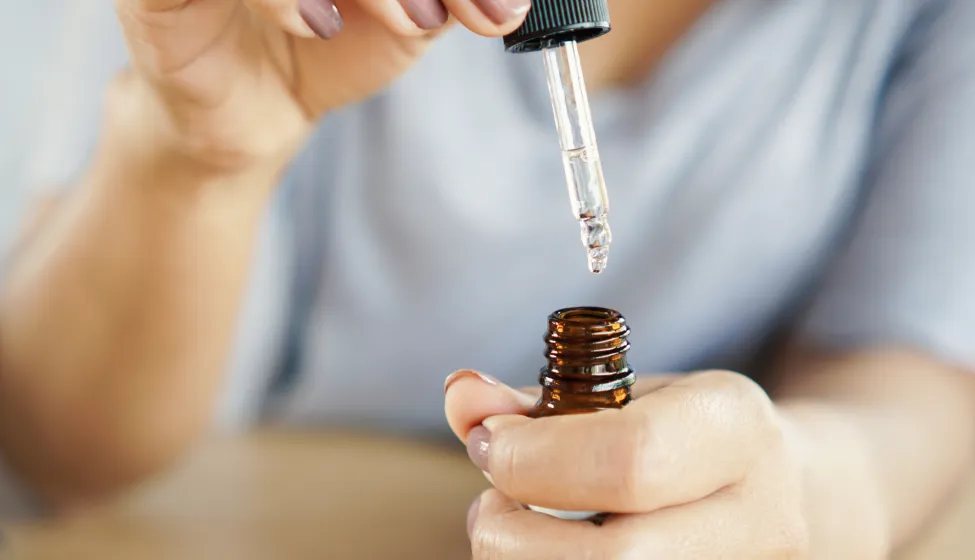July 17, 2025
Scientific Committee on Consumer Safety publishes draft opinion on the common ingredient, including recommended concentrations
On June 6, the European Commission's Scientific Committee on Consumer Safety (SCCS) published its draft opinion regarding the safety of tea tree oil in cosmetic products. Tea tree oil is currently not regulated under the Cosmetic Regulation (EC) No. 1223/2009 but is widely used in hair, skin, and oral care products, with reported benefits such as perfuming and skin conditioning properties, as well as being antimicrobial and an antioxidant.
The draft opinion is open for public comment until Aug. 18.
What did the SCCS conclude on tea tree oil?
The SCCS concluded that tea tree oil is considered safe for use as an antiseborrheic and antimicrobial agent in cosmetic products, provided it does not exceed the following maximum concentrations:
- 2.0% in shampoo
- 1.0% in shower gel
- 1.0% in face wash
- 0.1% in face cream
The SCCS's assessment applies only to tea tree oil that meets the chemical composition requirements outlined in the updated International Standard ISO 4730:2017. In the draft guidance, the stability of tea tree oil being maintained in the finished cosmetic product is essential to ensuring compliance with this standard.
Importantly, the SCCS's assessment pertains only to dermally applied products and does not include aerosol or sprayable formulations due to potential inhalation risks. The committee also highlighted that tea tree oil is considered a moderate skin sensitizer.
This assessment supports one of the exemption criteria for substances classified as CMR Category 1, in accordance with Article 15 of the EU Cosmetics Regulation.
What does this mean for the cosmetics industry?
While tea tree oil has not yet been added to Annex III, this draft opinion may be interpreted as a positive development for industry — it confirms that the ingredient will not be banned (i.e., added to Annex II).
As tea tree oil is currently not regulated under the Cosmetic Regulation (EC) No. 1223/2009, this proposed regulatory change will have a significant impact for manufacturers. Companies may need to reformulate products to comply with the new limits.
If the draft SCCS opinion is adopted without modifications, Responsible Persons (RPs) will need to:
- Ensure all formulations comply with the new tea tree oil maximum concentration limits
- Update Cosmetic Product Safety Reports (CPSRs) and involve safety assessors in reviewing product safety under the new regulation
- Revise the Product Information File (PIF) for any reformulated products
Staying ahead of regulatory changes is key to maintaining compliance. Stakeholders can consider the following to support a thorough regulatory strategy:
- Regulatory change management for internal processes
- Responsible Person (RP) duties
- New Product Development (NPD), including compliance considerations and testing strategies
- Cosmetic Product Safety Reports (CPSRs) and Product Information File (PIF) development
- Labeling compliance
- Product registration and notification requirements
- Claims substantiation
- Regulatory authority engagement
- Horizon scanning — proactive monitoring of regulatory developments that may impact your product portfolio
What Can We Help You Solve?
Exponent's experts in chemical and cosmetics regulations help manufacturers and brands selling products in the EU keep their products compliant by conducting thorough formulation reviews. We continuously monitor changes to regulations, actively scanning the horizon for future trends in ingredient restrictions and providing our clients with timely updates and advice.

Consumer Products: Cosmetics & Personal Care
Personal care products consulting for registration, notification targets, and product development.

Regulation & Safety of Personal Care Products
Ensure safe, high-quality personal care products with experienced consulting expertise.
![Consumer Products [PSMC]](/sites/default/files/styles/cards_home_card/public/media/images/GettyImages-171366863.jpg.webp?itok=0YQ9vN1U)
Food
Food safety, nutrition, and dietary exposure assessments, and technical and regulatory support.

Biocides & Antimicrobials
Expertise in multifaceted regulatory requirements in biocide and antimicrobial product approval processes.

Agrochemicals & Pesticides
Navigate complex requirements for agrochemicals and pesticides in Europe and North America.


